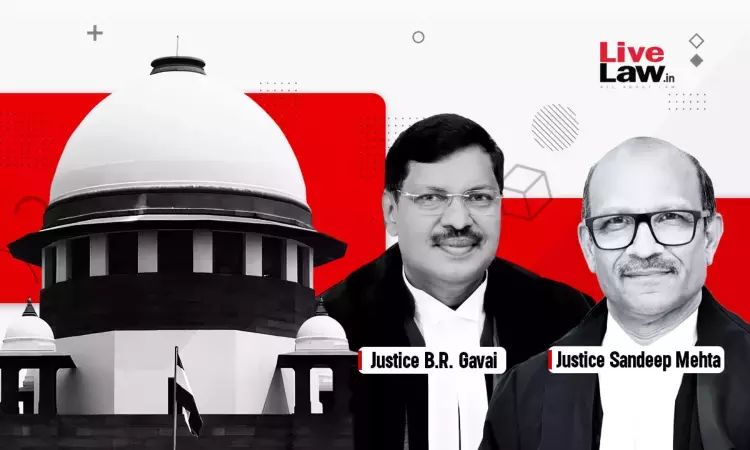One Bench Of High Court Cannot Cancel Bail Granted By Another Bench : Supreme Court
Yash Mittal
24 Feb 2024 3:45 PM IST

Next Story
24 Feb 2024 3:45 PM IST
Recently, the Supreme Court observed that the exercise of jurisdiction by the Single Judge of the High Court in cancelling the bail granted to the accused by another Single Judge of the same High Court and that too, by examining the merits of the allegations tantamounts, to judicial impropriety/indiscipline."..we are of the firm opinion that the exercise of jurisdiction by...
